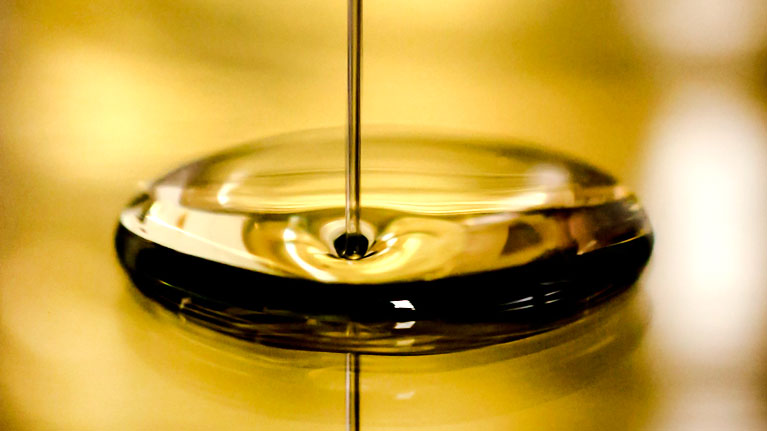
The use of gas powered internal combustion engines for the combined generation of electrical and thermal power (CHP) has been increasing in recent years.
These engines usually function with constantly high loads, subject to high temperatures for long periods of time, usually in inaccessible locations with minimum supervision. Therefore, a high degree of reliability and quality is needed in the performance of the engine and the oil.
The main functions of the oil used in a gas engine are the following:
Control of oxidation and nitration. The higher temperatures experienced by gas engines promote the formation of nitrous oxides. This causes an increase in viscosity, corrosive wear, formation of sludge and varnishes and filter clogging. The oils need a base that is highly stable against oxidation, combined with chemical products (additives) that optimise their resistance to oxidation and nitration.
Reduction of the friction and wear. The recoil of the valves is generally a problem in gas engines, so the oil must provide an appropriate level of protection for the valves. Biogases, particularly landfill gas, can contain significant amounts of aggressive elements that may cause corrosive and abrasive wear.
Prevention of corrosion and oxidation. Especially when the engine functions with landfill gas, gas obtained from sewage or other more corrosive gases, these can contain high levels of halogenated hydrocarbons, organic acids and sulphuric compounds that can form strong acids and cause corrosion. It is important not only to use oils with a higher TBN, but also oils with the correct chemical composition to neutralise the various types of acidic species.
Cleaning the engine. The oil of gas engines must contain appropriate levels of dispersants to maintain the soiling and the suspended oxidation products and to prevent adherence to the rings, the formation of deposits in the engine, especially when using “wet” or “sour” gases.




